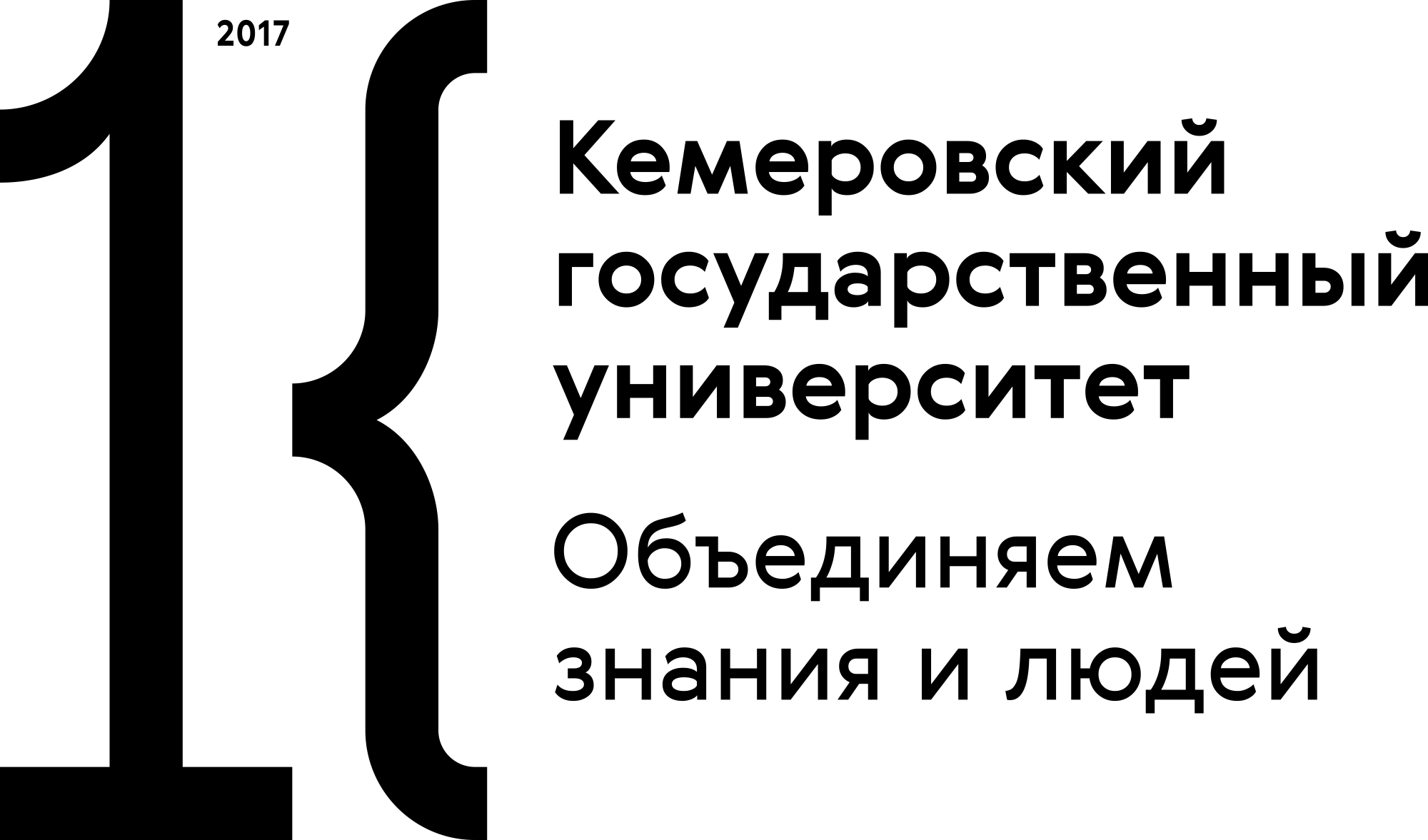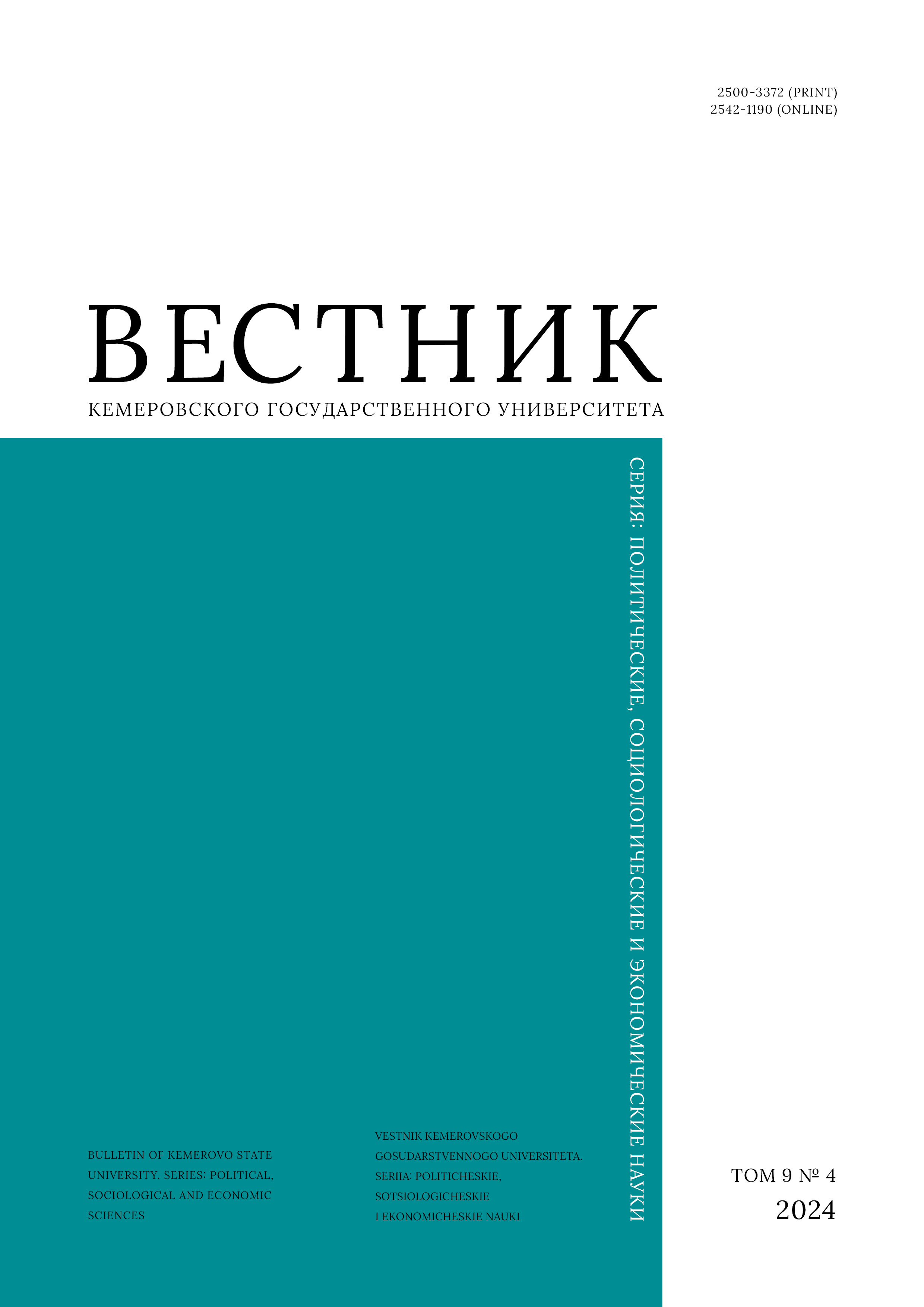Novokuznetsk, Russian Federation
The article introduces the initial psychological and economic conditions for a professional self-identification program for young people as the final component of the constructed mental concept. Interiorization is an internal mechanism and a psychological prerequisite that immanently represents the behavioral scheme of stimulus-response as an integral response in the form of cognitive, axiological, motivational, and behavioral patterns. The preference for internal or external determinants, which are assumed as stimuli, reflects the type of identification, cognitive or affective. These stimuli are in fact economic prerequisites that determine the strategies of the country’s socio-economic development. They create factors for its growth, as well as allow people to realize their intentions as homo economicus, i.e., stable full-time employment, professional skills, long-term career plans, etc. This model can be illustrated by the methods of personnel stimulation and motivation at the level of corporate culture. The proposed algorithm of mental mediation involves stage-by-stage goal-setting, stimulation (external motivations), and group mediation, where there is a gravitation towards the Western, Eastern, or mixed civilizational model, individual mediation, as well as the transfer of motivational interventions to professional groups and their effect on professional behavior. It makes it possible to reduce the resistance to polar civilizational models, i.e., individualism vs. collectivism, in order to follow the existing axiological attraction.
psychological prerequisites, economic prerequisites, type of identification, algorithm of mental mediation, type of civilizational model, stimulation and motivation of personnel
1. Pyankova L. A. Mental concept of professional identification in youth: Part I. Vestnik Kemerovskogo gosudarstvennogo universiteta. Seriia: Politicheskie, sotsiologicheskie i ekonomicheskie nauki, 2024, 9(2): 220–229. (In Russ.) https://doi.org/10.21603/2500-3372-2024-9-2-220-229 EDN: https://elibrary.ru/BLQMRV
2. Pyankova L. A. Mental concept of professional identification in youth: Part II. Vestnik Kemerovskogo gosudarstvennogo universiteta. Seriia: Politicheskie, sotsiologicheskie i ekonomicheskie nauki, 2024, 9(2): 230–240. (In Russ.) https://doi.org/10.21603/2500-3372-2024-9-2-230-240 EDN: https://elibrary.ru/BXSPWI
3. Pyankova L. A. Mental concept of professional identification in youth: Part III. Vestnik Kemerovskogo gosudarstvennogo universiteta. Seriia: Politicheskie, sotsiologicheskie i ekonomicheskie nauki, 2024, 9(4): 555–564. (In Russ.) https://doi.org/10.21603/2500-3372-2024-9-4-555-564 EDN: https://elibrary.ru/UIOKSV
4. Brenner R. The economics of global turbulence: The advanced capitalist economies from long boom to long downturn, 1945–2005. Moscow: HSE University, 2014, 552. (In Russ.)
5. Easterly W. The elusive quest for growth: Economists’ adventures and misadventures in the tropics. Cambridge: MIT Press, 2001, 342.
6. Vinogradov V. V. Academic dictionary of modern Russian literary language in seventeen volumes and its importance for Soviet linguistics. Voprosy iazykoznaniia, 1966, (6): 3–26. (In Russ.)
7. Nemov R. S. The system of ideas about the psychology of motivation of human behavior from Ancient times to the end of the XIX century. System Psychology and Sociology, 2022, (3): 119–133. (In Russ.) https://doi.org/10.25688/2223-6872.2022.43.3.10 EDN: https://elibrary.ru/ITLELX
8. Marx K. Capital: A critique of political economy. Moscow: TERRA – Knizhnyi klub, 2009, vol. 1, 527. (In Russ.) https://elibrary.ru/qthait
9. North D. C., Thomas R. P. The rise of the Western world: A new economic history. Cambridge: Cambridge University Press, 1973, 171. https://doi.org/10.1017/CBO9780511819438
10. Acemoglu D., Robinson J. A. Why nations fail: The origins of power, prosperity, and poverty. London: Profile books, 2012. https://elibrary.ru/qvjwul
11. Acemoglu D., Johnson S., Robinson J. A. Institutions as the fundamental cause of long-run growth. Cambridge: National Bureau of Economic Research, 2004. https://doi.org/10.3386/w10481
12. Knight F. H. Profit. In: Galperin V. M. Milestones of economic thought. Vol. 3. Factor markets. St. Petersburg: Ekon. shk., 2000, 434–448. (In Russ.)
13. Rodrik D. Economics rules: The rights and wrongs of the dismal science (an excerpt). Journal of Economic Sociology, 2017, 16(4): 39–59. (In Russ.) https://elibrary.ru/vuzcdx
14. Herrman-Pillat K. Social market economy as a form of civilization. Voprosy Ekonomiki, 1999, 12: 40–53. (In Russ.)
15. Helpman E. The mystery of economic growth. Moscow: Gaidar Institut, 2012. (In Russ.) https://elibrary.ru/qvdget
16. Babo A. Profit. Moscow: Progress-Univers, 1993, 174. (In Russ.)
17. Schumpeter J. A. History of economic analysis. Moscow: RSL, 2004, vol. 1, 496. (In Russ.) https://elibrary.ru/qpyjzz
18. Kiku T. Yu., Protasova I. I. The content and structure of the category "labor motivation" in interpretations of various researchers. Ekonomika ustoichivogo razvitiia, 2012, (3): 143–150. (In Russ.) https://elibrary.ru/pctcpv
19. Vardanian I. S. Foreign and Russian experience of management motivation of the personnel. Menedzhment v Rossii i za rubezhom, 2013, (1): 129–132. (In Russ.) https://elibrary.ru/pwzbmj
20. Vukovich G. G., Klimova O. S. Stimulation of labor personnel as a key element of personnel management. Ekonomika: Teoriia i praktika, 2012, (3): 66–72. (In Russ.) https://elibrary.ru/pbuiuz
21. Vukovich G. G., Marusenko I. A. Improving process control model of economic diagnosis. Ekonomika ustoichivogo razvitiia, 2012, (1): 53–57. (In Russ.) https://elibrary.ru/ornnuh
22. Kogdin A. A. Motivation and stimulation of labor activity in personnel management. Osnovy ekonomiki i upravleniia personalom, 2012, (4): 80–83. (In Russ.) https://elibrary.ru/pnffzl
23. Mescon M. H., Albert M., Khedouri F. Management. Moscow: Delo, 1997, 704. (In Russ.)
24. Egorshin A. P. Motivation and stimulation of labor activity. 3rd ed. Moscow: INFRA-M, 2017, 376. (In Russ.)
25. Deci E. L., Ryan R. M. The "what" and "why" of goal pursuits: Human needs and the self-determination of behavior. Psychological Inquiry, 2000, 11(4): 227–268. (In Russ.) https://doi.org/10.1207/S15327965PLI1104_01
26. Pyankova L. A. Interdisciplinary analysis of the scientific category of professional idenity. Vestnik Kemerovskogo gosudarstvennogo universiteta. Seriia: Politicheskie, sotsiologicheskie i ekonomicheskie nauki, 2022, 7(1): 75–88. (In Russ.) https://doi.org/10.21603/2500-3372-2022-7-1-75-88 EDN: https://elibrary.ru/XQBKHV
27. Freud Z. The psychology of the masses and the analysis of the human self. St. Petersburg: Azbuka, 2011, 190. (In Russ.) https://elibrary.ru/qycqlp
28. Zatepyakin O. A., Pyankova L. A., Grekova N. Yu. Stimulation of labor activity. Novokuznetsk: SibSIU, 2021, 183. (In Russ.)
29. Zakurdaeva V. D. Development of a system of motivation and forms of stimulation of the company’s personnel. Aktualnye issledovaniia, 2023, (25-2): 44–45. (In Russ.) https://elibrary.ru/mkhoeg
30. Vygotskii L. S. Problems of mental development. History of development of higher mental functions. Moscow: Pedagogika, 1983, vol. 3, 5–328. (In Russ.)
31. Priazhnikova E. Iu., Priazhnikov N. S. Career guidance. 6th ed. Moscow: Academia, 2013, 493. (In Russ.)
32. Klimov E. A. Psychology of professional self-determination. Moscow: Academia, 2004, 301. (In Russ.) https://elibrary.ru/qxienf

















